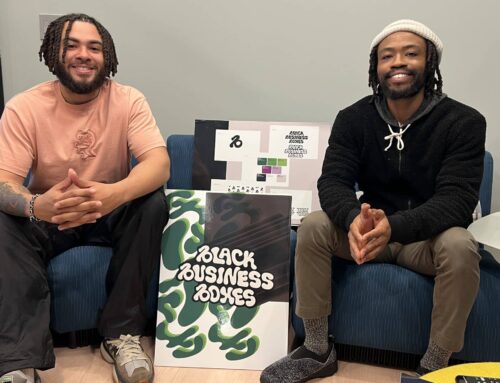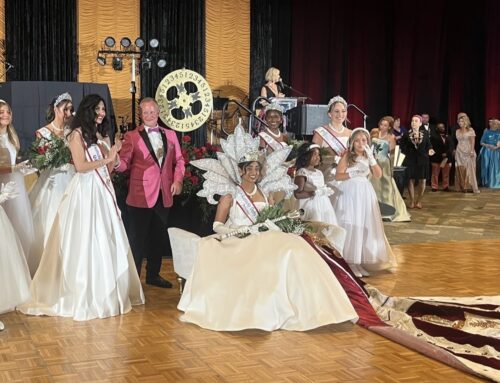By Eleanor Ferguson
In the interest of full disclosure, Eleanor Ferguson is a student in the Social Change capstone class but was not part of the group that selected this speaker.
Shortly after getting off a plane from Argentina where she visited her family during Spring Break, Professor Maria Emilia “Emi” Ramirez gave a virtual talk on social work, advocacy, and lobbying. Dr. Dawson-Edwards, Professor Marian R. Vasser, and their Social Change capstone class organized her talk.
Roots that go deep
In 2005, Ramirez worked for the ACLU, and she met Prof Dawson-Edwards at a voting rights coalition. Later, she worked with her at Kentucky State University.
She began her career on the “NGO route,” but later switched to the government.
“Non-profit work is hard. Hello, social worker here. You don’t get into the field of social work because you want to make a lot of money. It’s unfortunate,” Ramirez said.
Social workers are out on the front lines, she said, often using the services they’re helping their clients use. Despite her law degree, she said her classmates made double what she made at the ACLU by working for smaller firms.
“I don’t even want to know what they’re making now, twenty years later,” she said.
More than just school
“Social work” according to Ramirez encompasses more than just people who went to school for social work and work under that specific title. Social work is diverse and varied.
Her message was clear: get involved however you can. Advocacy, lobbying, and even running for office are not out of reach.
“Lobbying always involves advocacy. But advocacy doesn’t necessarily involve lobbying,” she clarified.
Ramirez defined lobbying as any attempt to influence a politician or public official on an issue. Direct lobbying would entail communication with a government representative who has a say in legislation. Grassroots lobbying is broader; it mobilizes the public around a legislative issue, like asking them to contact their legislator.
Advocacy usually involves raising awareness and building public support for a cause. Its goal is to change attitudes and beliefs. Lobbying aims to change policies or laws. Lobbying is often funded by corporations or interest groups, while advocacy is often funded by individuals.
Styles are changing
According to Ramirez, it’s best to have a good mix of advocacy styles. For a time, she was in a supporting role defined by staying well-informed, being willing to answer surveys, and doing things like research to support more vocal advocates—but being uncomfortable being front and center in the work.
Further from that is a “behind the scenes sleuth,” or someone committed to helping the group in a role that doesn’t center them. They may send emails and letters, or make phone calls. Then there’s those who are “not afraid to take the lead,” which Ramirez defined as being excited to work for change and being unafraid to talk to others and take a leadership role.
Ramirez was pushed from the supporting role to what she calls “loud and proud.” She defines this as a front-and-center advocacy style with a direct approach, where an advocate is unafraid and takes any and all opportunities presented to them to further their cause.
She was on KET TV to talk with a person who used to be a government representative. They were “very anti-immigration.” Ramirez was nervous to go on TV and speak with them, “but when your job says this is what you have to do, you just prepare for it, you become loud and proud even if you want to be more of that supporting role person,” she said.
During the question-and-answer session of the talk, students asked about her experience as an asylum officer. It was hard for her to hear people’s stories when someone had a challenging situation but didn’t meet the criteria for asylum. In those cases, she had to refer people to immigration judges, where a “really high number” of asylum applications are denied.
Disillusionment can take a toll on social workers.
One frustration Ramirez voiced was felon voting rights. “It’s been, what, twenty years? And we still can’t do this?” she said.
Because of Governor Andy Beshear’s December 2019 executive order, some felons do have an avenue to get their voting rights back—but it’s not automatic. It is one of many issues people face when they re-enter the public after incarceration.
Ramirez’s final message to students was a call to action: “Run for office! These people that are writing these anti-DEI things … we need you to be running for office at all levels. Even locally. I will donate to your campaign! Run for office, please.”
Photo Courtesy // University of Louisville






